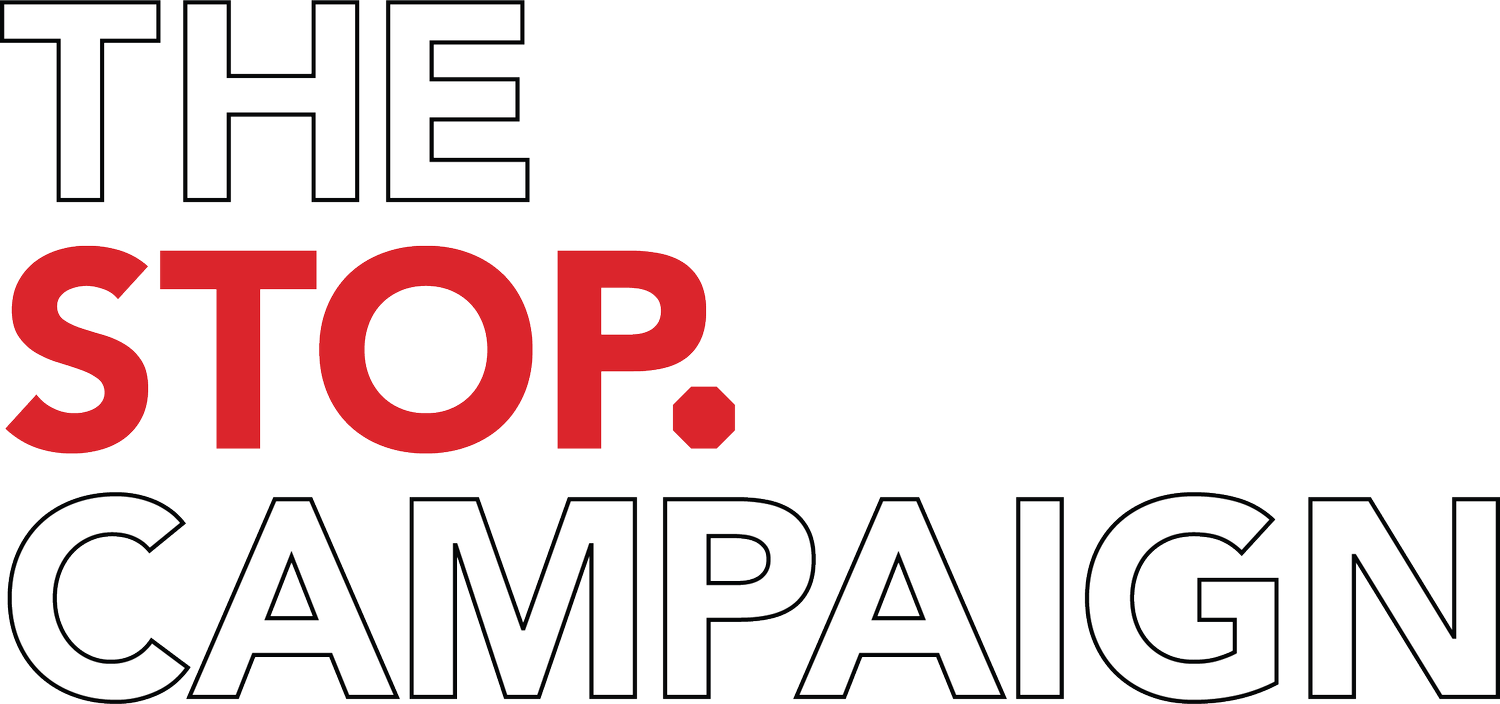Ending the Silence: Transforming University Responses to Sexual Violence
Community Action Group Gala Dinner attendees being recognised for their work towards ending domestic violence in culturally and linguistically diverse communities
On the 28th of October 2023, fellow STOP member Meg Rollings and I attended the ACT Community Action Group Gala Dinner. The purpose of this event was to promote awareness on domestic violence, specifically in culturally and linguistically diverse (CALD) communities. The night included speeches from a diverse group of speakers. It was insightful and empowering to hear each of their stories. I was fortunate to be invited to make a speech myself, and spoke to the prevalence of sexual violence in tertiary learning communities.
I would like to highlight that since this speech, the Federal Government announced the Action Plan Addressing Gender-Based Violence in Higher Education, and has now passed a bill in Parliament to establish Action 1 – a National Student Ombudsman (NSO). The NSO is a new, independent complaints mechanism for higher education students to use when they are not satisfied by their higher education provider’s response. Students will subsequently be protected in the process of making a complaint of harm to their university, with consequences for the institution if they do not respond adequately.
Below you can read the text of the speech I made at the Gala Dinner.
__________________________________________________________________________
Good evening. My name is Nuria Olive and I am a member of The STOP Campaign.
I would firstly like to acknowledge the Ngunnawal and Ngambri peoples, who are the traditional custodians of the land on which we meet today, and pay my respect to elders past and present. I would also like to acknowledge that domestic abuse is an issue that disproportionately impacts First Nations peoples, and that sovereignty was never ceded.
I would like to thank Pravati Panigrahi from Pink Umbrella International for inviting us to this event, and White Ribbon for their support of the event as well as the support that they have given to The STOP Campaign to review and expand The College Program. The STOP Campaign is a volunteer-run grassroots organisation based in Canberra and with members based across the country. As an organisation, we envision Australian tertiary learning communities free from sexual violence and stigmatisation. Our mission is to empower young people to create and sustain positive sociocultural change within these spaces through activism, awareness and education.
I want to talk today a bit about the problem of sexual violence in tertiary learning settings and how this more broadly ties in with the issue of domestic violence. According to the 2021 National Student Safety Survey released in 2022, 1 in 20 university students across Australia had experienced sexual assault, and 1 in 6 had been sexually harassed since starting university. Sexual violence is an urgent issue in Australian universities that must be addressed through university institutional reform and better education for students around sex and sexual violence.
Many of us at The STOP Campaign have lived experiences of sexual violence and harm on university campuses and we have experienced institutional betrayal first-hand. Personally, I have also witnessed a lack of effective education about sexual violence and consent at my university. The issue of sexual violence affects everyone in our community and is not limited to a university context. That is why I believe education and promotion of awareness of safe sex, consent and sexual violence is vital. Some perpetrators of sexual violence do not even realise the gravity of the harm they are inflicting. This can be because the only consent ‘education’ they have ever encountered is pornography or toxic locker room chat.
Outside of this room, institutions like universities aren't talking about sexual violence enough. Too often, the voices of victim-survivors are silenced. We need to have more safe and compassionate conversations about sex and sexual violence. Appropriate, trauma-informed and peer-facilitated education can start an important conversation about sexual violence.
With the support of White Ribbon through the Community Action Group program funded by the Department of Social Services, STOP was able to develop and launch a revised version of The College Program. This is a series of educational and advocacy workshops aimed tertiary education communities to equip them with the tools needed to talk about sex in a safe and positive way, to understand what sexual violence is, and how we can end sexual violence together. Our modules cover topics ranging from responding to disclosures to sex positivity and wellbeing - topics that are not often taught at all to students.
Tonight, we are all here because we want to see a future free from violence.
Sexual violence is not a private issue.
It’s not a women's issue.
It’s not a young person's issue.
It’s a community issue, and something that we should all feel empowered to talk about and overcome together.
I would like to acknowledge the lived experiences of victim-survivors of sexual violence and thank the activists and advocates in our community, and in this room. To all victim-survivors: we believe you and we support you, always in solidarity.
Thank you.
___________________________________________________________________________
Push for the reforms that occurred this year have been in the works for years, thanks to the tireless work of advocates from End Rape on Campus Australia and Fair Agenda, notably Sharna Bremner, alongside our Founder Camille Schloeffel. It still rings true that the voices of victim-survivors are often silenced and our universities are not doing enough to protect us. I hope that the Action Plan allows students to feel safer on university campuses and better supports victim-survivors if they choose to report an incident to their university.
- Written by Nuria Olive, Co-director

